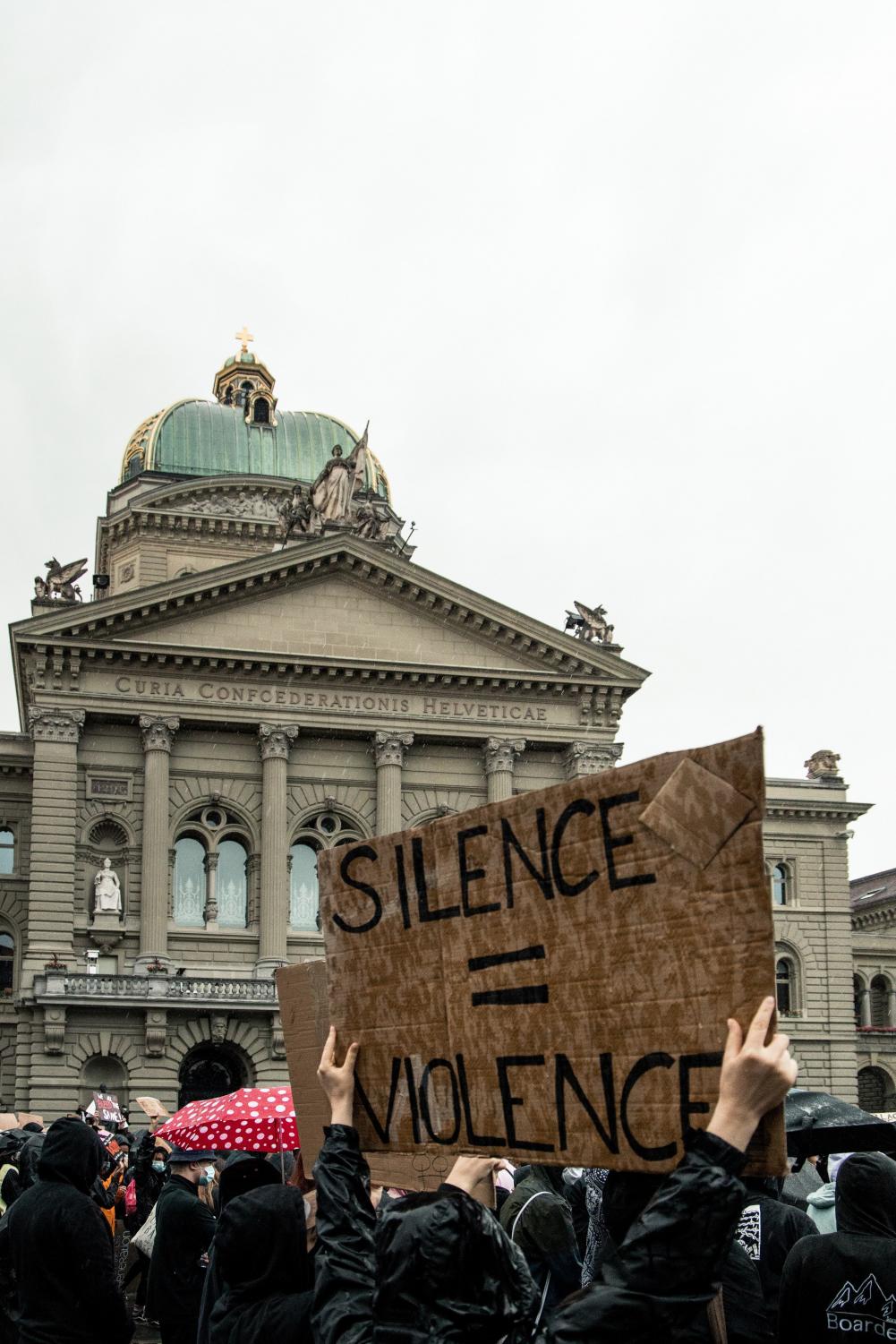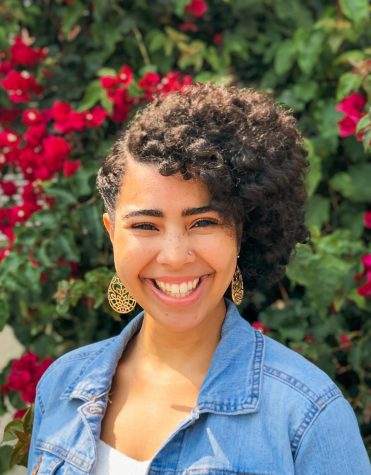The coronavirus was first discovered in China. This has “fueled” racist attacks against Asians in America, according to the Associated Press. The arrival of COVID-19 has only exposed the preexisting prejudices of many, and that is clearly evidenced by the increase in racist jokes and memes online, and increase of violent attacks against Asian Americans since last March. The blatant, normalized racism Asian Americans have faced in the United States has been largely unacknowledged until recently.
AN INCREASE IN ATTACKS
In late January, 84-year-old Vicha Ratanapakdee from Thailand was out walking in San Francisco when, unprovoked, another man charged and tackled him. The elderly man was sent crumpling onto the ground, and the assailant simply walked away. Ratanapakdee died from his injuries two days later. Another man, at 91 years old, was shoved to the ground from behind in Oakland’s Chinatown. There have also been a surge of robberies and other violent attacks on elderly Asian people in the Bay Area in recent weeks.
The broader Asian American and Pacific Islander community, by extension of these targeted acts of violence, is facing an onslaught of traumatizing experiences.
SILENCE IS NOT AN OPTION
When George Floyd was murdered in Minneapolis last year, the conversation about racism against Black people in America took center stage because people around the nation and the world stood up to demand justice. A popular protest sign from Black Lives Matter demonstrations was “Silence is Violence.” Now, in the face of explicit and horrific racism and xenophobia, non-Asian people cannot be silent. We should vehemently condemn this violence and fight for the Asian community right now just as hard as we have fought for the Black community.
Specifically, silence is also not an option for Biola University. According to 2018-2019 data, there are approximately 1,190 Asian students at Biola, making them about 19% of the student population and the largest minority group on campus. And according to another source, about 11.8% of Biola faculty are Asian.
Our neighbors are being explicitly targeted in racist and xenophobic attacks. However, we should care about this issue regardless of the fact that so many in our community experience this personally—we should care because these issues deeply matter to God.
WE HAVE TO UNITE AGAINST OUR COMMON ENEMY
It is non-Asian people’s responsibility, no matter what race or culture you may be from, to assess the ways xenophobic ideology has made its way into our families, educational curriculums and churches. Anti-Asian stereotypes have been normalized, and microaggressions are all too common for Asian Americans and Pacific Islanders. Any group of people can perpetuate anti-Asian sentiment, therefore we all have a part in addressing our implicit and explicit biases.
Tensions between the Black community and the Asian American community have been especially fraught for a wide variety of complex reasons throughout America’s history, but the fact remains that we have one common enemy—white supremacy. We cannot ignore our past, but right now we need to focus on allying with our Asian sisters and brothers to stand against hate.
Racial and ethnic minorities in America all have unique experiences and no one is a monolith. But we all should recognize that the root of our shared struggle is white supremacy whether we face racism or xenophobia, and unite to dismantle it.
LISTEN TO AAPI VOICES
We should be intentional in seeking out spaces where we can learn more about the Asian American experience, and Biola provides avenues for that. The Student Enrichment and Intercultural Development often hosts discussions, symposiums and other events geared toward learning. The Student Congress on Racial Reconciliation Conference is also being held this week. Speakers from the Biola community and beyond will address a number of topics in regards to race and culture.
There are also a number of organizations keeping track of the violence taking place in Asian American communities, such as Stop AAPI Hate and Act to Change. Celebrities and politicians are also using their platforms to bring attention to the barrage of racism lately, including Bay Area native Vice President Kamala Harris.
Right now, we need to listen to, and believe, what our Asian American and Pacific Islander neighbors are saying—and we should let their stories propel us into action to stand up for what is right.












